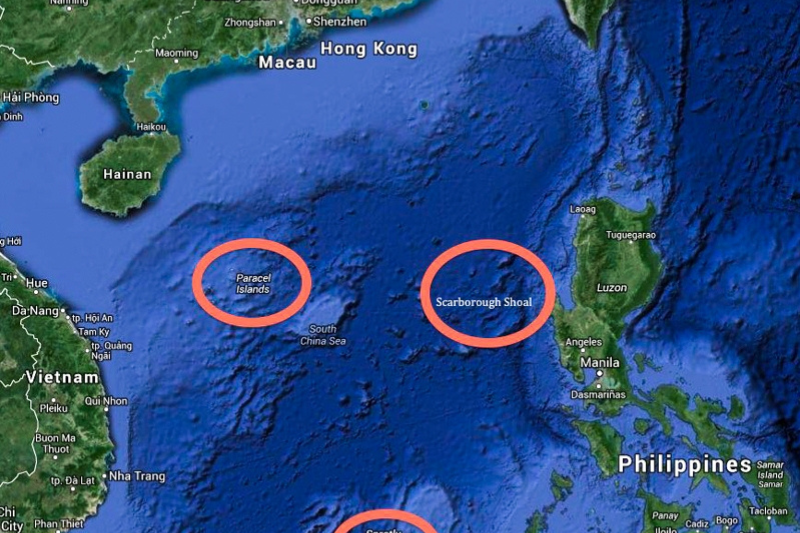
Asia Pacific Countries Rejects China’s New Standard Map
China’s release of a new map in 2023 claiming territorial expansion has prompted protests from multiple Asia Pacific countries.
The map, known as China’s “standard map,” asserts territorial claims over various regions, including –
- The Indian state of Arunachal Pradesh,
- The Aksai Chin plateau, Taiwan,
- The South China Sea, and
- Parts of Malaysia’s maritime area.
India, Philippines, Malaysia & Taiwan have put total objection and all rejected China’s claims.
India objected to China’s fake claims, stating that the claims have no basis and further complicate boundary disputes.
Malaysia declared that the map holds no binding effect on its maritime area and rejected any foreign claims based on it.
The Philippines’ foreign ministry criticized the map, noting that it contradicts international law and that a 2016 ruling by an international tribunal invalidated China’s previous “nine-dashed line” claim.
China’s map also sparked tensions over Taiwan, which Beijing claims as part of its territory. Taiwan’s Ministry of Foreign Affairs emphasized that Taiwan is a sovereign and independent country recognized by the international community.
The map’s release raises concerns in the Asia Pacific region, particularly in the South China Sea and along the Sino-Indian border, where tensions are already heightened.
Analysts suggest that this move is an attempt by China to divert attention from its economic challenges and reinforce its sovereignty claims.
The timing of the map’s release, following discussions between Indian Prime Minister Narendra Modi and Chinese President Xi Jinping on the border dispute, underscores Beijing’s determination to assert its territorial claims.
India has been particularly vocal in its rejection of China’s claims to Arunachal Pradesh and Aksai Chin.
Keep Reading
The Indian government has said that it will not compromise on its territorial integrity, and that it is prepared to take all necessary measures to defend its claims.
The Indian government has said that China’s claims are based on historical inaccuracies and are not supported by international law.
Malaysia has also rejected China’s claims in the South China Sea. Malaysia has also said that it will not compromise on its sovereign rights.
China claims parts of Malaysia’s maritime area in the South China Sea. The Malaysian government has said that its claims are based on international law and that China’s claims are not valid.
Taiwan has been the most defiant in its rejection of China’s claims. Taiwan is a self-governing island but China claims it as its own.
The Taiwanese government has said that it is an independent country and that it will not be bullied by China. Taiwan has also said that it is prepared to defend itself if China tries to take military action.




